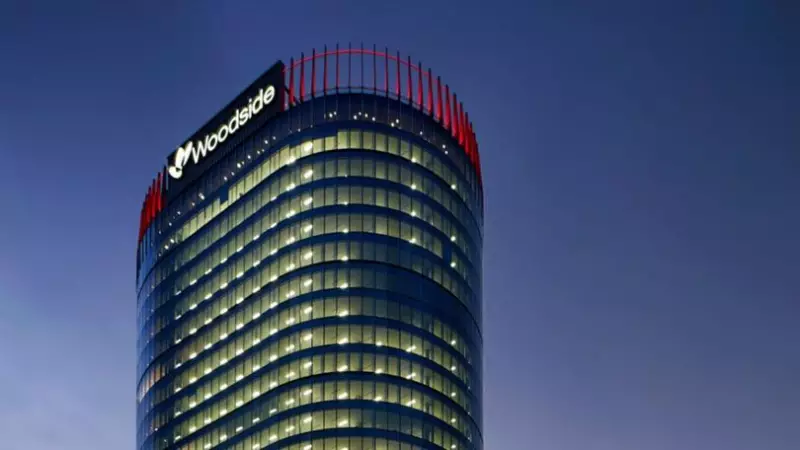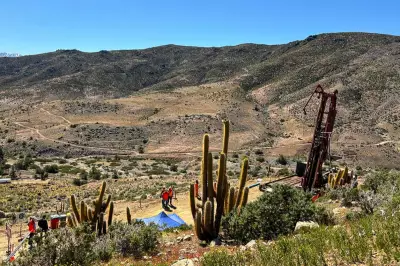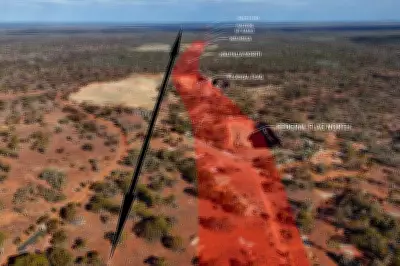
In a significant decision for a major Australian energy project, Western Australia's environmental watchdog has declined to assess Woodside Energy's ambitious carbon capture and storage plan for its proposed $30 billion Browse gas development.
Regulatory Handball for Carbon Capture Project
The Environmental Protection Authority (EPA) announced on Tuesday, 18 November 2025, that it would not conduct a formal review of Woodside's strategy to capture and store approximately 80 million tonnes of carbon dioxide. This responsibility has been effectively passed to the National Offshore Petroleum Safety and Environmental Management Authority (NOPSEMA), the federal regulator for offshore oil and gas activities.
Woodside's overarching vision involves developing a massive gas processing hub at the Browse Basin, located off the Kimberley coast. The extracted gas would then be piped over a long distance to existing facilities in Karratha for further processing and eventual export.
Significant Emissions Reduction Claims
The specific carbon capture and storage (CCS) proposal is designed to tackle the project's direct emissions. Woodside plans to inject between 3 and 4 million tonnes of CO2 underground each year, a volume that represents just under 1 per cent of Australia's total annual emissions.
A spokeswoman for Woodside endorsed the EPA's decision, stating the company's view that the project, situated in Commonwealth waters about 425 kilometres offshore, was unlikely to significantly impact the WA environment. She emphasised that the CCS technology would slash the Browse project's Scope 1 greenhouse gas emissions by about 47 per cent.
Environmental Groups Voice Strong Opposition
The decision follows concerted pressure from environmental organisations. Both the Conservation Council of Western Australia and Greenpeace Australia Pacific had formally requested the EPA to subject the carbon capture plan to a full and transparent assessment. Their call was supported by more than 1,200 public submissions demanding a comprehensive review.
In its submission to the regulator, the Conservation Council raised specific concerns about potential impacts on the sensitive Scott Reef ecosystem. This reef is a critical habitat for several endangered marine species, including the dusty sea snake and the green turtle.
While the carbon storage component has bypassed state-level scrutiny, the broader Browse gas project remains under assessment by the relevant authorities, ensuring the debate over its environmental footprint is far from over.





